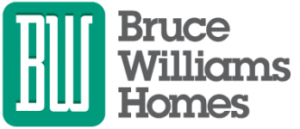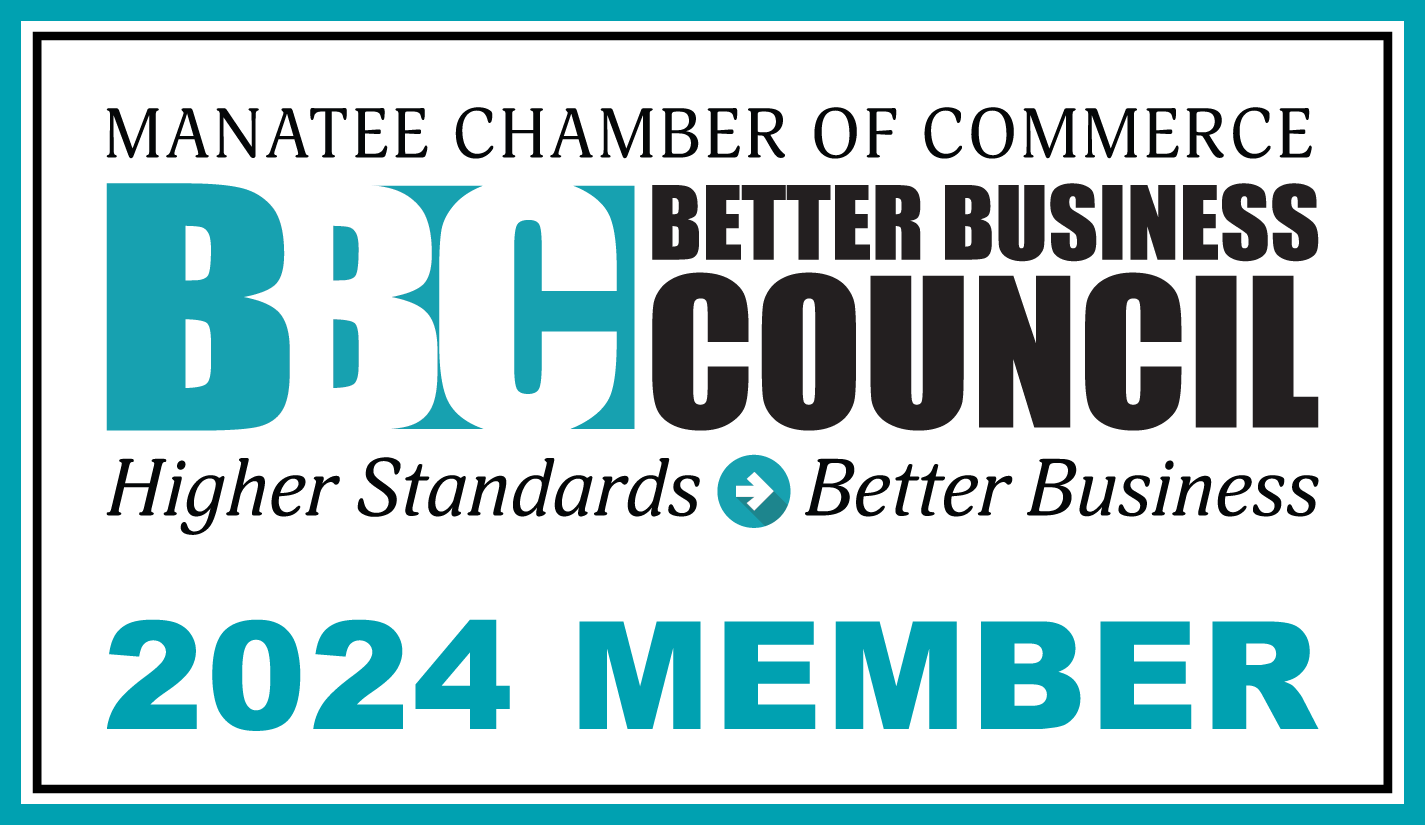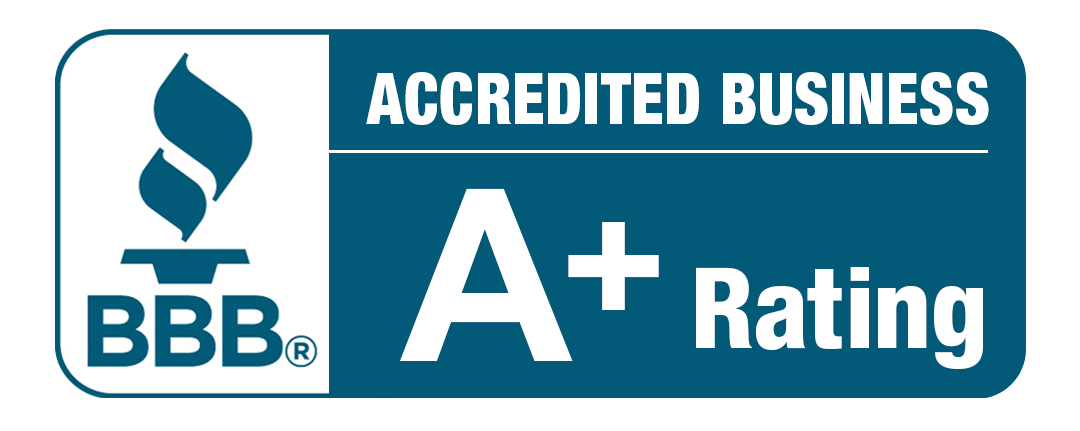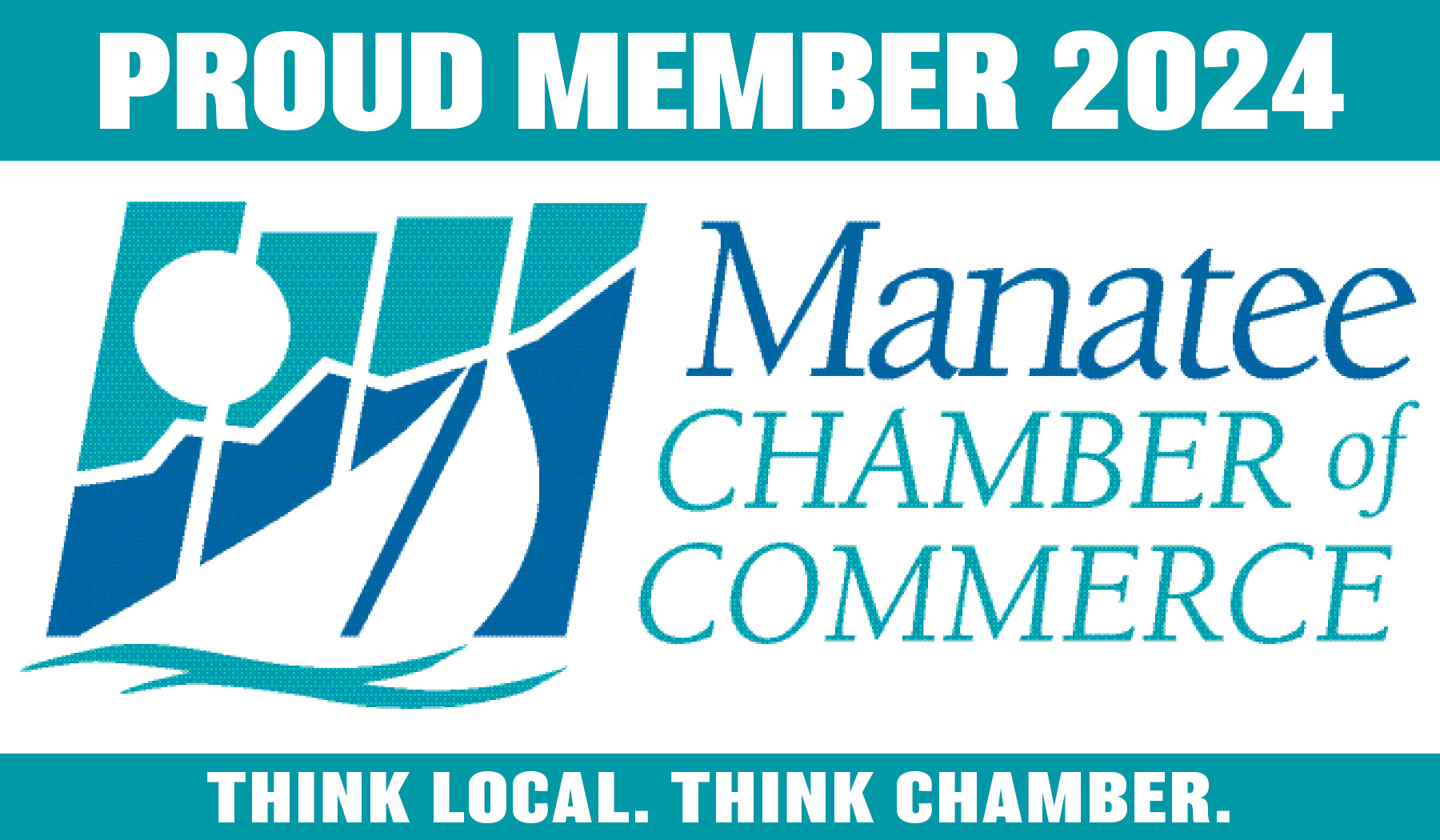Building the ideal custom home requires open communication and a solid partnership with your builder during the design phase. The design decisions you make – from functionality to aesthetics – will determine how happy you are with the home for years to come. To that end, here are five in-depth questions you can ask your Florida custom home builder to ensure the design meets your vision and needs, both now and in the future.
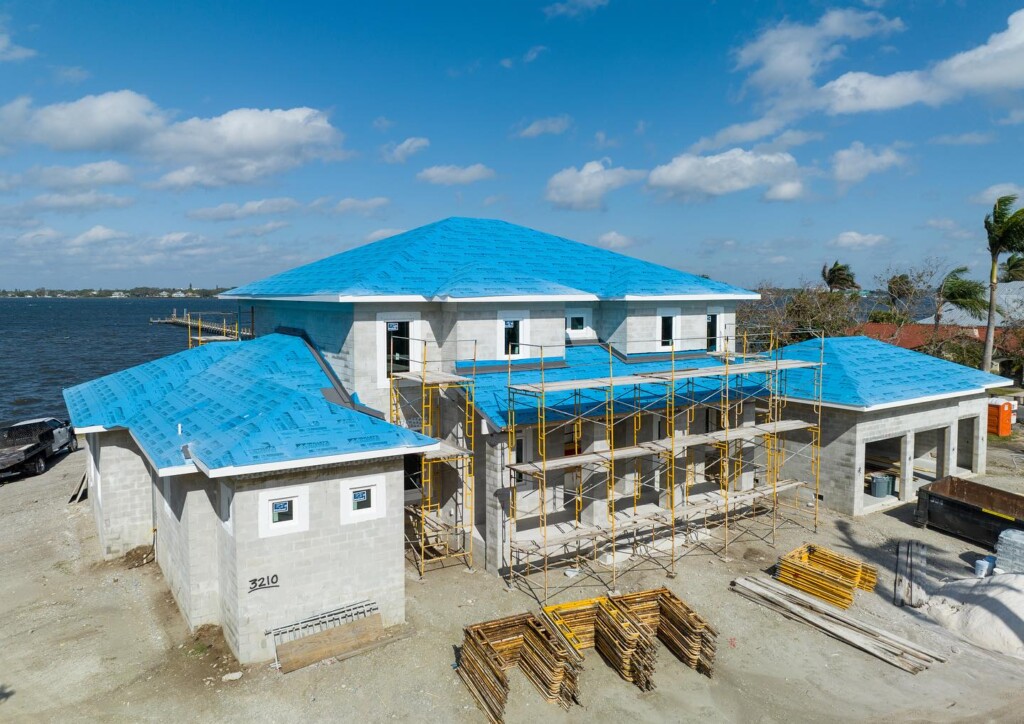
- How Will the Design Account for Florida’s Climate and Environment?Florida’s unique climate—characterized by high humidity, intense heat, and occasional hurricanes—requires specific design considerations. Asking this question will ensure that your custom home is built to withstand the local weather conditions and provide a comfortable living environment year-round. Your builder should be able to discuss how the design will incorporate energy-efficient materials, such as high-performance windows, insulation, and roofing materials that minimize heat transfer. Hurricane-resistant windows, doors, and reinforced structures should also be considered if you’re building in a coastal or hurricane-prone area. Additionally, your builder should have insights into how landscaping and drainage can be designed to prevent flooding or water damage, a common concern in Florida due to frequent rainstorms.
- What Are the Current Building Codes and Regulations in My Area?Florida has some of the strictest building codes in the United States, especially regarding hurricane safety, energy efficiency, and environmental impact. These codes are continually updated, so it’s essential to understand how they affect your custom home design. Your builder should be familiar with local zoning regulations, which can impact the size, height, and location of your home, as well as specific requirements for electrical, plumbing, and HVAC systems. If you’re building in a flood zone, there may be additional requirements for elevating your home to prevent water damage. Ask your builder to walk you through the necessary permits, inspections, and any other regulatory requirements that will affect the final design of your home. Ensuring compliance with local building codes will not only guarantee safety and longevity but also prevent potential delays or fines during the construction process.
- What Design Options Are Available to Maximize Space and Functionality?The final design of your custom home should reflect both your aesthetic preferences and functional needs. Ask your builder to present different design options that maximize space and fit your lifestyle. For example, consider whether an open-concept layout works best for your family, or if you prefer more defined rooms for privacy. Additionally, think about how storage space and room dimensions can be optimized. Ask your builder about creative ways to make the most of your property’s unique features (such as the most scenic view).
- How Will You Incorporate Sustainable Design Features? Sustainability is an increasingly important factor in home design. As energy costs rise and environmental concerns grow, many homeowners are opting for eco-friendly designs that reduce energy consumption and minimize their environmental footprint. Ask your builder about the green building practices they can integrate into your custom home design, such as solar panels, energy-efficient appliances, low-flow plumbing fixtures, and sustainable materials like bamboo flooring or recycled-content countertops.Additionally, consider passive design strategies, such as strategically placed windows to maximize natural light and ventilation, or designing the home to take advantage of the sun’s path for optimal heating and cooling. A builder with experience in sustainable home construction should be able to recommend a range of options that fit your budget and lifestyle.
- What Is the Timeline, and How Will the Design Impact the Construction Schedule?Once you’ve finalized your design, it’s essential to understand how it will impact the construction timeline. Custom homes often take longer to build than standard homes because they require more specialized materials and custom craftsmanship. Ask your builder for a realistic timeline based on your specific design. Some design features— such as intricate architectural details or custom elements —may extend the construction process. It’s also important to ask how the builder will manage unforeseen delays, such as inclement weather or shipping delays for materials. Having a clear understanding of the timeline will help you set realistic expectations and plan accordingly.Ultimately, your relationship with your builder should be collaborative, ensuring that the final design aligns with your vision while staying within budget and on schedule.
One of the best ways to ensure that your Florida custom home build meets your expectations is to work with an established and reputable local company. Bruce Williams Homes has been building custom homes in Manatee and Sarasota County for nearly sixty years – you can trust us to help you design and build your dream home.
Building the ideal custom home requires open communication and a solid partnership with your builder during the design phase. The design decisions you make – from functionality to aesthetics – will determine how happy you are with the home for years to come. To that end, here are five in-depth questions you can ask your Florida custom home builder to ensure the design meets your vision and needs, both now and in the future.

- How Will the Design Account for Florida’s Climate and Environment?Florida’s unique climate—characterized by high humidity, intense heat, and occasional hurricanes—requires specific design considerations. Asking this question will ensure that your custom home is built to withstand the local weather conditions and provide a comfortable living environment year-round. Your builder should be able to discuss how the design will incorporate energy-efficient materials, such as high-performance windows, insulation, and roofing materials that minimize heat transfer. Hurricane-resistant windows, doors, and reinforced structures should also be considered if you’re building in a coastal or hurricane-prone area. Additionally, your builder should have insights into how landscaping and drainage can be designed to prevent flooding or water damage, a common concern in Florida due to frequent rainstorms.
- What Are the Current Building Codes and Regulations in My Area?Florida has some of the strictest building codes in the United States, especially regarding hurricane safety, energy efficiency, and environmental impact. These codes are continually updated, so it’s essential to understand how they affect your custom home design. Your builder should be familiar with local zoning regulations, which can impact the size, height, and location of your home, as well as specific requirements for electrical, plumbing, and HVAC systems. If you’re building in a flood zone, there may be additional requirements for elevating your home to prevent water damage. Ask your builder to walk you through the necessary permits, inspections, and any other regulatory requirements that will affect the final design of your home. Ensuring compliance with local building codes will not only guarantee safety and longevity but also prevent potential delays or fines during the construction process.
- What Design Options Are Available to Maximize Space and Functionality?The final design of your custom home should reflect both your aesthetic preferences and functional needs. Ask your builder to present different design options that maximize space and fit your lifestyle. For example, consider whether an open-concept layout works best for your family, or if you prefer more defined rooms for privacy. Additionally, think about how storage space and room dimensions can be optimized. Ask your builder about creative ways to make the most of your property’s unique features (such as the most scenic view).
- How Will You Incorporate Sustainable Design Features? Sustainability is an increasingly important factor in home design. As energy costs rise and environmental concerns grow, many homeowners are opting for eco-friendly designs that reduce energy consumption and minimize their environmental footprint. Ask your builder about the green building practices they can integrate into your custom home design, such as solar panels, energy-efficient appliances, low-flow plumbing fixtures, and sustainable materials like bamboo flooring or recycled-content countertops.Additionally, consider passive design strategies, such as strategically placed windows to maximize natural light and ventilation, or designing the home to take advantage of the sun’s path for optimal heating and cooling. A builder with experience in sustainable home construction should be able to recommend a range of options that fit your budget and lifestyle.
- What Is the Timeline, and How Will the Design Impact the Construction Schedule?Once you’ve finalized your design, it’s essential to understand how it will impact the construction timeline. Custom homes often take longer to build than standard homes because they require more specialized materials and custom craftsmanship. Ask your builder for a realistic timeline based on your specific design. Some design features— such as intricate architectural details or custom elements —may extend the construction process. It’s also important to ask how the builder will manage unforeseen delays, such as inclement weather or shipping delays for materials. Having a clear understanding of the timeline will help you set realistic expectations and plan accordingly.Ultimately, your relationship with your builder should be collaborative, ensuring that the final design aligns with your vision while staying within budget and on schedule.
One of the best ways to ensure that your Florida custom home build meets your expectations is to work with an established and reputable local company. Bruce Williams Homes has been building custom homes in Manatee and Sarasota County for nearly sixty years – you can trust us to help you design and build your dream home.
